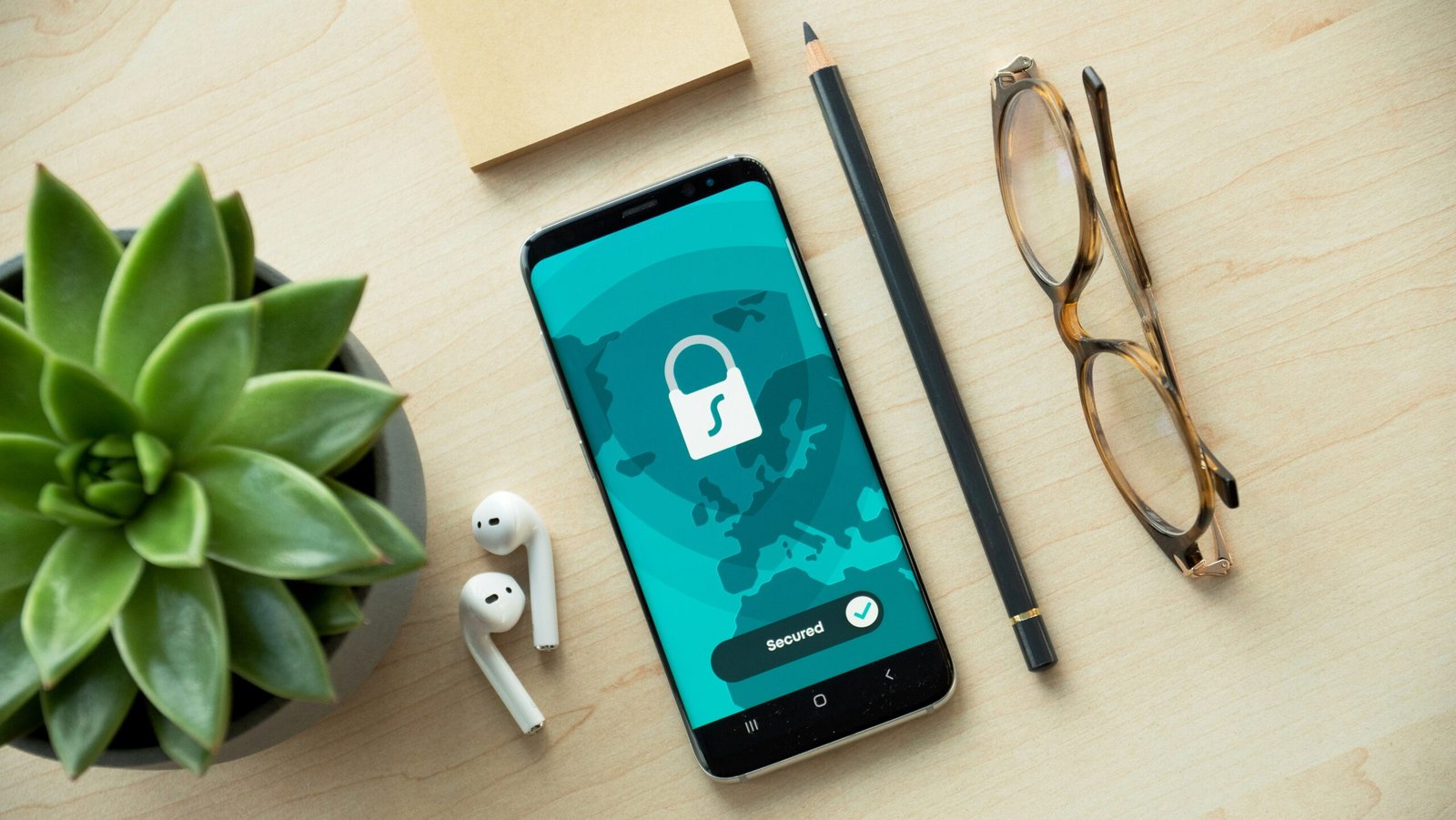
Introduction
In today’s digital age, protecting your personal data has become increasingly important. One of the ways your data can be exposed is through the apps you download and use daily. By taking a few simple steps, you can significantly reduce the risk of your data being sold. This blog post will explore how deleting apps and using websites through a browser can help keep your information safe.
Understanding the Risks
Many apps collect extensive data from users, often without their explicit consent. This data can include personal information, browsing habits, location data, and more. Companies may then sell this data to third parties for profit. Understanding these risks is the first step in taking control of your data privacy.
Deleting Unnecessary Apps
One of the most effective ways to stop your data from being sold is to delete apps that you don’t use regularly or that you don’t fully trust. Be mindful of the permissions each app requests and consider if they are necessary for the app’s functionality. If an app requests excessive permissions, it might be best to delete it.
Using Websites Instead of Apps
Another effective strategy is to access services through their websites rather than downloading their apps. For instance, you can log into social media platforms via a web browser instead of using the mobile app. Websites often have fewer permissions and collect less data compared to their app counterparts, reducing the risk of your data being sold.
Conclusion
Protecting your data doesn’t have to be complicated. By deleting unnecessary apps and opting to use websites through a browser, you can take significant steps towards safeguarding your personal information. Stay informed about the data policies of the services you use, and always prioritize your privacy.




